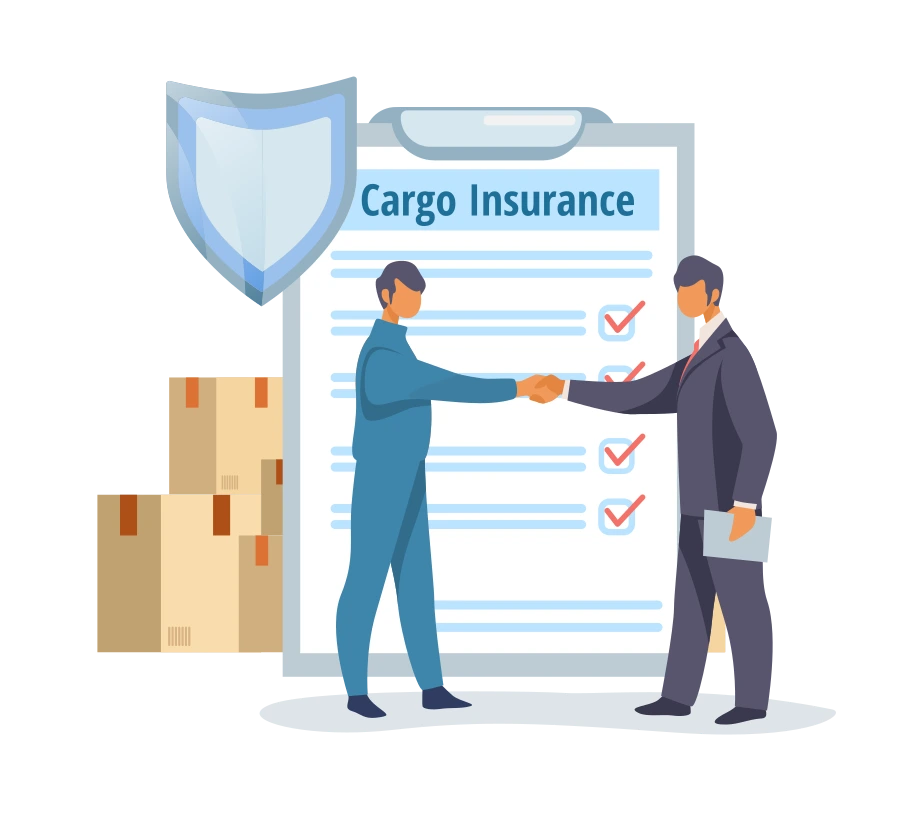What is Cargo Insurance?
Cargo Insurance, also known as Marine Cargo Insurance, is a policy that protects goods in transit from potential risks such as theft, loss, or damage. Covering shipments by sea, air, and land, it ensures compensation for financial losses if goods are compromised during transportation, giving shippers peace of mind.
This insurance is essential for businesses that rely on global trade, as it safeguards their investments against unpredictable incidents during shipment. With various coverage options available—such as all-risk and specific perils—cargo insurance can be tailored to suit different shipping needs, providing critical financial security and risk management for supply chain operations.










 Get instant quote
and compare offers in real time
Get instant quote
and compare offers in real time